Imagining Decolonisation and Why it's Good for Everyone with Tina Ngata
HAPPEN FILMS PODCAST #7
Audio only
Learn more about Tina Ngata
Watch Tina’s talk during the Claim the Future webinar (July 2020)
Buy Tina’s book, Kia Mau: Resisting Colonial Fictions (digital download – please koha/gift if you can)
Transcript
Antoinette: Hi everyone, I’m Antoinette. Welcome back to the Happen Films podcast.
Today I’m joined by Tina Ngata, one of Aotearoa New Zealand’s waste resistance heroes. Her blog of many years, The Non-plastic Maori, described, among connected topics, her personal transition to living plastic-free. More broadly her work involves advocacy for environmental, indigenous and human rights. She’s spoken for Maori and indigenous rights at the United Nations and at conferences around the world and has published a collection of essays entitled Kia Mau: Resisting Colonial Fictions. I’ll include links to her work in the show notes and in the YouTube description.
Description
In Episode 7 of the Happen Films Podcast, Antoinette is joined by Tina Ngata (Ngati Porou), an advocate for environmental, indigenous and human rights. Tina is based in Tairāwhiti, East Coast, Aotearoa New Zealand, where she’s a busy community leader working for the rights and wellbeing of her whanau/family and community.
For many years her blog, the Non-Plastic Maori, documented her journey reducing her personal dependence on plastic, a journey that led to a deepening understanding of the wider issues of plastics consumption and waste and becoming a prominent activist in that space and beyond. She has spoken for Maori and indigenous rights at the United Nations and in conferences around the world, has published a book of her collected work opposing the continued celebration of colonial history, Kia Mau: Resisting Colonial Fictions, and is continually writing, speaking and protesting for justice for humans and Papatuānuku/Mother Earth.
The intention was for this episode to be Happen Films’ contribution to Plastic-free July – Tina being one of Aotearoa New Zealand’s waste resistance heroes – and the idea was to talk about waste within the context of environmental, indigenous and human rights. And we do… but the focus of the conversation turned out to be colonisation – its history; its day-to-day presence – and what decolonisation might look like. That’s an appropriate conversation to be having at any time and feels particularly resonant right now, within the extraordinary context of this year, 2020, and everything it’s bringing forth to challenge our thinking, our history, our practices and our plans for the future.
As Tina says: “Anti-colonialism is not just for indigenous people. Anti-colonialism, anti-imperialism and anti-racism is for everyone – we’ll all get well-being out of deconstructing the ways in which we believe that we have entitlement to each other’s spaces and places and bodies.”
We hope you enjoy listening to Tina’s wise and profound words and come away as inspired as we have!
Community, Zero Waste
73 mins
